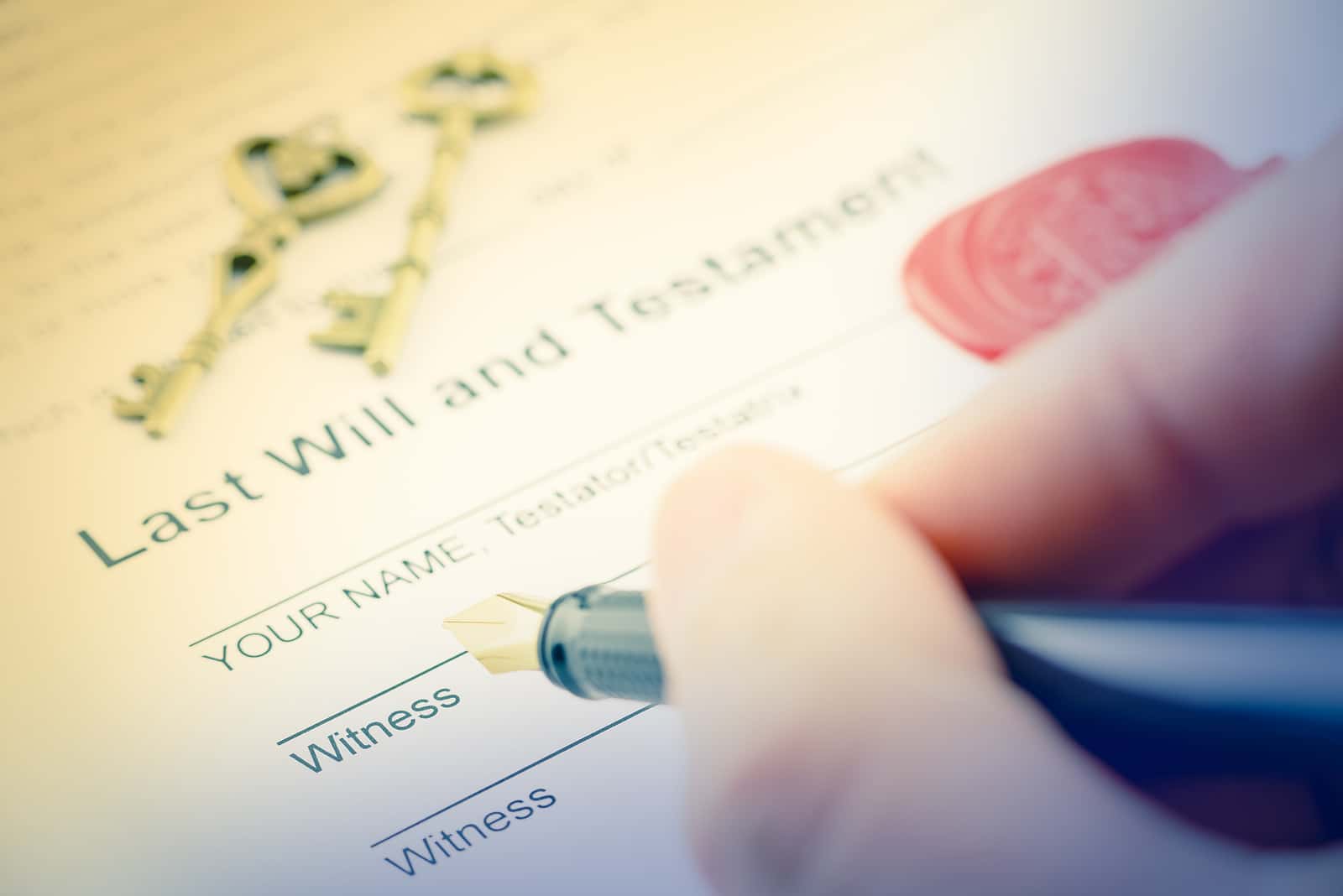It seems like it could be simple: Write a will for yourself when the estate is smaller or less complicated than others. But even a supposedly simple estate plan can have pitfalls not easily foreseen by a legal layperson. Here are some of the dangers of moving ahead on your own.
What Can Go Wrong if Someone Writes Their Own Will?
It’s important to note that this list is by no means comprehensive. Mississippi laws around wills, probate, inheritance, and guardianship are complex, and every estate is unique.
This list is meant only to give some idea of the types and number of things that can go wrong if a will is created without professional legal guidance:
- The person drawing up the will (known as the testator) doesn’t know what can or can’t be included in a will. This is a big concern for wills. Many things can be included in a will–and many things can’t. For example, if someone has a life insurance policy that names a beneficiary, the policy will override anything listed in a will. So if the testator names a different person without changing the policy, the will won’t be honored.
- The will is too vague. Legally, a will should be as specific as possible to avoid challenges. When a will simply says “my assets” or mentions “my children,” it could be subject to disagreement. That could end up in court, leading to the loss of time and money.
- The will tries to do too much. It’s not uncommon for people to think of regular wills and living wills as the same thing, but they’re not. A living will (also known as an advance healthcare directive) specifies what the testator does and does not want for end-of-life care. A regular will specifies what the testator wants down with their estate after their death. Trying to combine them could mean that no one looks at the will until after the testator’s death when it’s too late to honor the living will’s requests.
- Planning for children’s guardianship or care for pets. Sometimes, people assume that if their minor children are left orphaned, as long as the parents have verbally told someone whom they want to be guardian, everything is fine. But in fact, if the will doesn’t specify guardians for minor children, the courts will have to intercede and determine who will be guardians. That may or may not be the people the parents would choose. Another gray area is pets. Some people try to leave money for the care of their pets. But pets can’t inherit. The only way that can work is to set up a trust for the pet, a separate estate planning mechanism that’s different than a will.
- The will isn’t valid. All wills in Mississippi must follow certain legal requirements to be considered valid. If the requirements aren’t met, the estate will likely have to go through probate, and it may be distributed in ways the testator wouldn’t have wanted.
- Forgetting things that should be covered. That can include forgetting certain assets and debts such as credit cards, mortgages, or taxes. These must be included in a will, or the will may not be valid (or at least subject to challenges).
- Forgetting to update the will. The longer the testator lives, the more likely the will needs to be updated. That can involve anything from beneficiaries dying themselves or having a falling-out with the testator, the executor dying or no longer the best choice for the job, or new assets being acquired or old assets being sold or given away, among many others.
- The choice of executor. Someone needs to be named executor to oversee the process of settling the estate, paying outstanding debts, and distributing the assets. This is an important decision and shouldn’t be made lightly, especially if some beneficiaries may be contentious about what they do or don’t receive from the will.
- These are only a few of the considerations that need to be addressed when drawing up a will. While you may be able to do it yourself to ensure it’s entirely legally enforceable and not missing essential aspects, it’s highly advisable to work with an experienced estate planning attorney.
What Does Mississippi Require for a Legally Valid Will?
On the surface, it doesn’t sound like Mississippi requires a great deal to have a legally valid will. But keep in mind that beyond these requirements, any of the above could cause the settlement of an estate plan to go awry.
Mississippi requires:
- The testator must be at least 18 years old and of sound mind.
- The will must be on hard copy (meaning paper). Audio, video, or digital wills are not considered valid. A handwritten will may be accepted under specific circumstances.
- An oral will is acceptable if done shortly before death and witnessed by two people.
- The testator and two witnesses must sign the will.
What Should I Do if I Need Help Drawing Up a Will?
Call the Rundlett Law Firm at 601-282-8426 for a free, in-depth, no-obligation case evaluation. We can help you assess the extent of your estate and whether or not it would benefit from professional guidance. Our team of experienced, knowledgeable estate planning attorneys could be aware of pitfalls you might not recognize. We understand how important it is that your estate planning wishes be honored after your passing, and we can assist you in ensuring that can happen.






